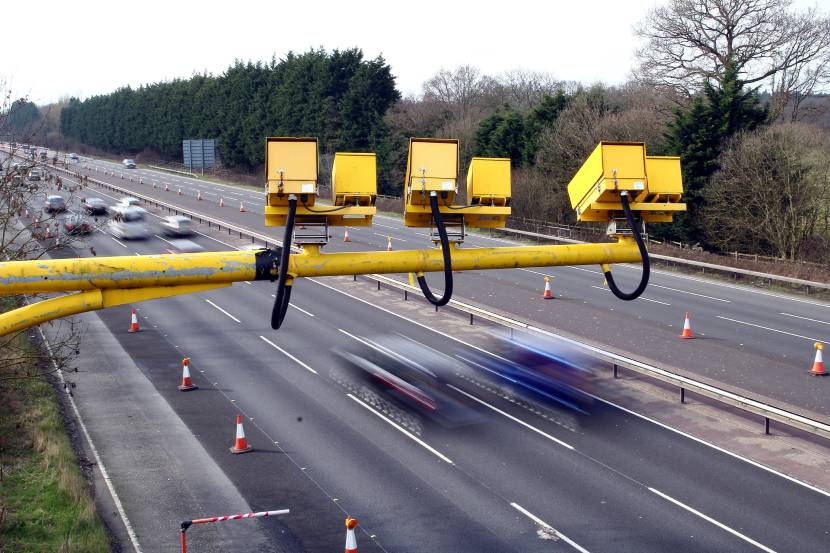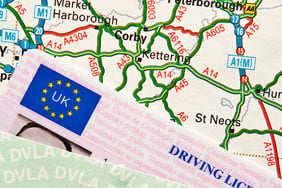How to pay or appeal a parking fine
It’s important to consider whether the parking notice you’ve been issued is justified.
You can challenge notices issued by the police or local authority through a formal process. You only have an allotted time period to lodge an appeal. Explaining your challenge and providing evidence and key information could boost your chances of a successful appeal.
If you decide to pay the charge, exactly what you pay could be reduced or increased depending on how quickly or long you respond to the notice. Either way, it’s important you act quickly! Crucially these notices are enforced by law, so if your appeal fails you must be prepared to pay the fine. Not doing so could result in prosecution amongst other measures such as a larger fine and penalty points on your licence.
Tickets issued by private companies can be complex. Let’s say you overstay the set maximum duration of a supermarket car park. You may be issued a notice, but some supermarkets delegate their parking fines to a third party contractor.
Private companies are bound by a Supreme Court ruling in 2015 to be fair and reasonable when imposing fines. You can complain to the private company that issued the ticket initially - after which, you can begin a formal appeal.
Of the 2,000 UK drivers to take part in the survey, 29% of those who received a parking fine, challenged it. Despite the 2015 Supreme Court ruling, many still feel as though the fine amount for a parking offence is unjustified. A third (33%) of drivers who received a parking notice said they were only late to their car by a couple of minutes and felt the fine was too high for that.
Council parking
Penalty charges and tickets can be issued by public officials or private companies. The terms of these notices will depend on where you parked and who is responsible for the space.
The local authority can distribute fixed penalty notices, penalty charge notices (PCN) and excess charge notices (ECN) - these can also be issued by the police. Offences that can land you with a ticket could include parking on white zigzag lines, or staying in a space for longer than permitted.
Private parking
Private companies such as supermarkets can issue parking charge notices to vehicles on their land, such as car parks. It isn’t uncommon for parking duration rules to be imposed - for example, you could be sent a notice for staying longer than a stated maximum duration.
You do have the opportunity to appeal any penalty notice you are issued with. It’s important to determine who distributed the notice as the appeal process can vary. Typically it should be clearly stated if the ticket was distributed by the police or the local authority.
Parking rules and restrictions
The Highway Code sets out the various rules and regulations you should follow on UK roads. This includes parking and the general rules around stopping in areas with road markings.
Not every regulation is enforced by law, but many are legal requirements under the Road Traffic Act.
But there are instances where you are exempt from general rules and regulations. Typically, road signs indicate exceptions to normal regulations such as stopping on double yellow lines for a maximum stated duration, for example.
According to the latest data from Confused.com from 2,000 UK drivers, more than 4 in 5 (81%) say they find parking signs confusing. It’s not surprising, then, that more than 3 in 5 drivers (63%) believe parking signs should be made clearer to avoid confusion.
To be on the safe side, you should assume standard rules and regulations apply to all roads - unless signs permit you to conditional exemptions.
The variable nature of parking rules can lead to a level of confusion among drivers, but many still try their luck with a parking space. In fact, 16% of drivers say they’ve knowingly parked in a spot that they weren’t allowed to.
So, receiving a parking notice is more common than you think. In 2023 alone, 1 in 8 (12%) UK drivers on average received a Penalty Charge Notice (PCN) for parking.
In the years 2022 to 2024 to date, councils have distributed 16 million Penalty Charge Notices (PCNs) for parking. As a result, local authorities have collected £643,132,685 from parking fines in this timeframe alone.
Need more help?
What’s the difference between on-street and off-street parking?
Can you pull over on double yellow lines to drop off or pick someone up?
When can I park on a single yellow line?
What are the rules surrounding parking an electric car?
What happens if I get a parking ticket while renting a car?
Find out more about motoring fines, laws & penalties
Explore more motoring toolsUnless otherwise stated, all research was carried out by OnePoll on behalf of Confused.com of 2,000 UK drivers. This was conducted between 25th and 28th October 2024.
1. In October 2024, Confused.com issued a Freedom of Information request, requesting the following information from UK councils:
a) How many penalty charge notices (PCNs) related specifically to parking were issued to drivers in 2022, 2023 and 2024 thus far for each year separately?
b) The number of PCNs issued to drivers specifically from fines related to parking that were contested in 2022, 2023 and 2024 thus far for each year separately.
c) The number of PCNs related specifically to parking that were successful in their appeal in 2022, 2023 and 2024 thus far for each year separately.
d) The number of PCNs appealed that cited confusing or unclear signage as the reason for appeal.
e) Of the 422 requests sent, 185 councils supplied data that has been used in this document.
2. According to gov.uk there are 42,269,824 full driving licences (11 May 2024). Calculation is based on this figure divided by the 5,154,857 million parking fines distributed in 2024 to date.



